Just a friendly reminder to not dress in racist garb for Halloween, folks
October 30, 2014
With Halloween quickly approaching, people are contemplating what magical creature-slash-movie reference they will portray. However, sometimes outfit decisions lean more towards racist than spooky.
No one’s cultural expression should be a “costume.” Dressing up as another culture leads to offensive, inaccurate, and stereotypical portrayals. This “fun” comes at the expense of others. Western culture has a history of finding entertainment by mocking and perpetuating stereotypes of oppressed groups and selling products by depicting minority cultures. Ignoring the history of Western imperialism, slavery, and violence against minority groups by dressing in blackface or a Native American headdress for Halloween mocks racial inequalities of society for one night of fun.
Appropriation, by definition, remains “the action of taking something for one’s own use, typically without the owner’s permission.” Therefore, cultural appropriation involves members of a dominant group-such as Americans and Europeans-exploiting the culture of less privileged groups such as Native Americans and Asians; often with little understanding of the latter’s history, experience, and traditions. Simply, unless actually Japanese, nobody should don a kimono this Halloween.
These actions are not a “cultural exchange” as some people feel. An Indian American simply living the American culture does not mean that Westerners can wear a bindi. Westerners tend to press their own culture onto others and taking what they want in return. True cultural exchange should be mutual. Just because Indian Americans wear business suits does not mean all Americans own bindis and saris. Western culture demands assimilation. Corporate culture views ethnic clothes as barbaric, but racist versions of them are sold for Halloween. There remains no exchange, understanding, or respect.
The urge to celebrate October 31 by slapping on a bindi or talking in a fake accent? It is not cute, but rather simply racist. While there are multiple ways to bigot any day, it seems that Halloween-when we dress up as something other than ourselves, thus expressing our version of all kinds of identities we do not own-becomes a holiday particularly fraught with ways to be racist. A tendency to forget that a history of horror and violence and atrocities against cultures exists.
When these cultures’ complexity and importance are diminished and erased, stereotypes become stigmas that emerge into racism, hate, violence, and fear. Halloween costumes largely associate with a spooky, humorous, or partying atmosphere. There are more appropriate spaces to express cultural appreciation. Is Halloween really the place to show a culture sacred and deeply personal to others? Common decency and basic respect for the humanity of others should be enough to second-guess a decision to wear an offensive costume. Halloween proves a night to appear as anyone, and hopefully that person would not offend or hurt someone else.





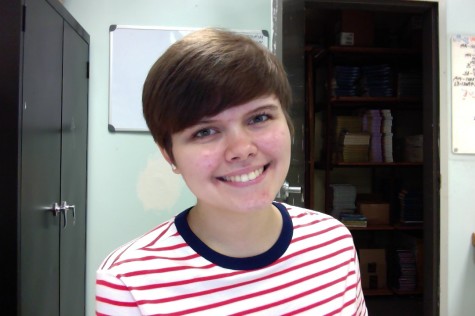



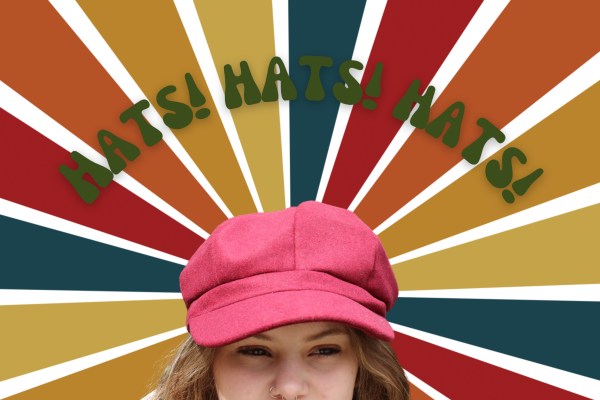


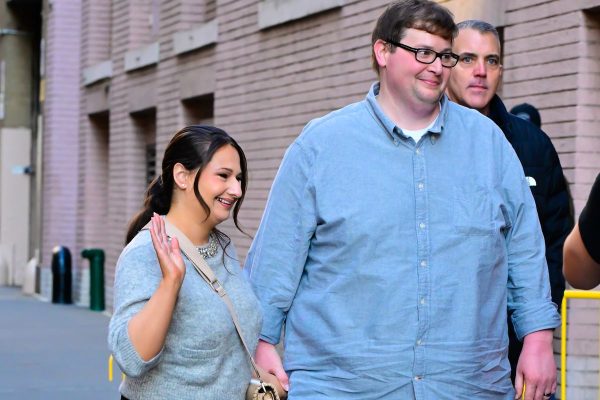
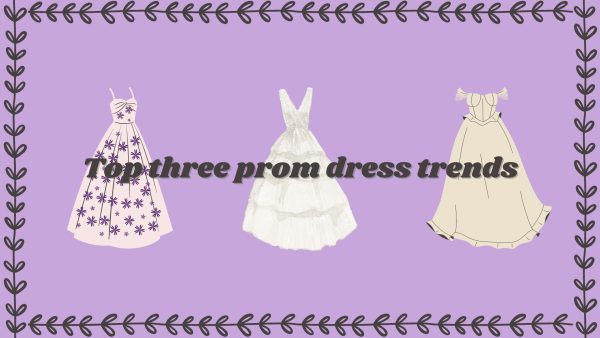
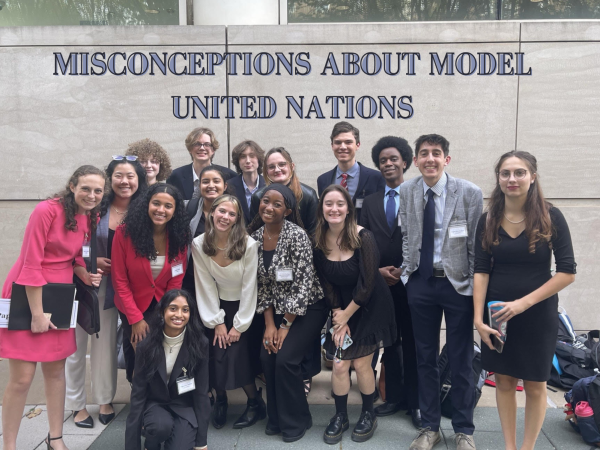
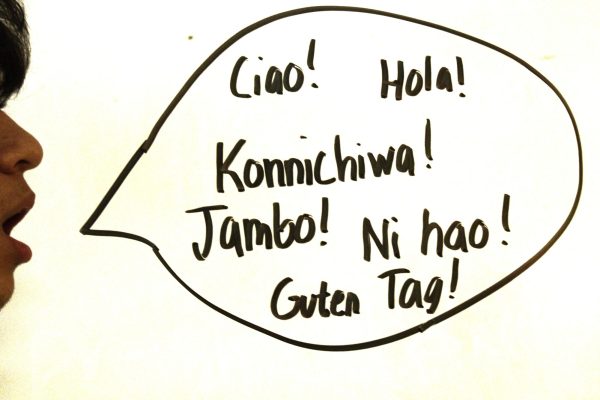
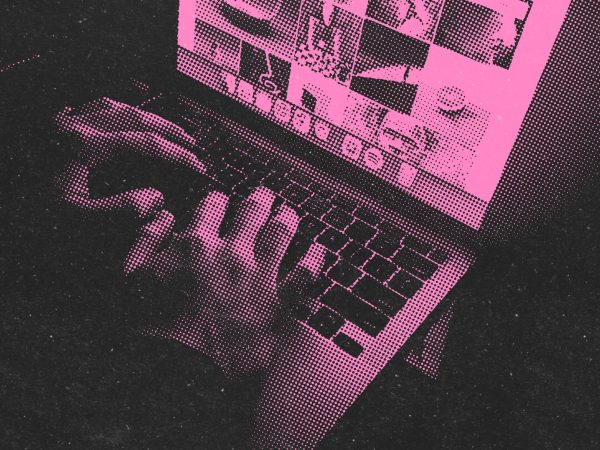
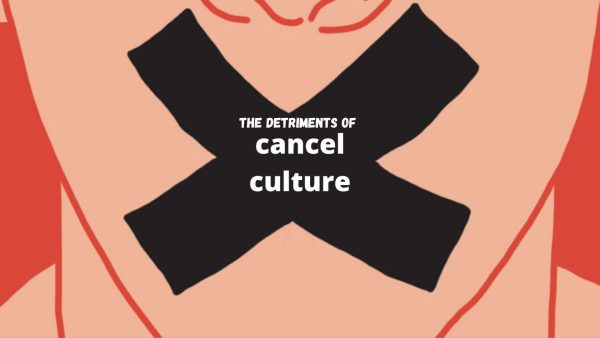

Ymir • Nov 5, 2014 at 9:16 AM
One thing to mention too is how it is seen as culturally acceptable to don a lei, grass skirt and possibly a coconut bra and be”Hawaiian” which is equally racist as donning a kimono or a sombrero/poncho combination. However it’s seen as more acceptable to marginalize Hawaiian and Polynesian cultures because they are extreme minorities. Which is extremely unfortunate.